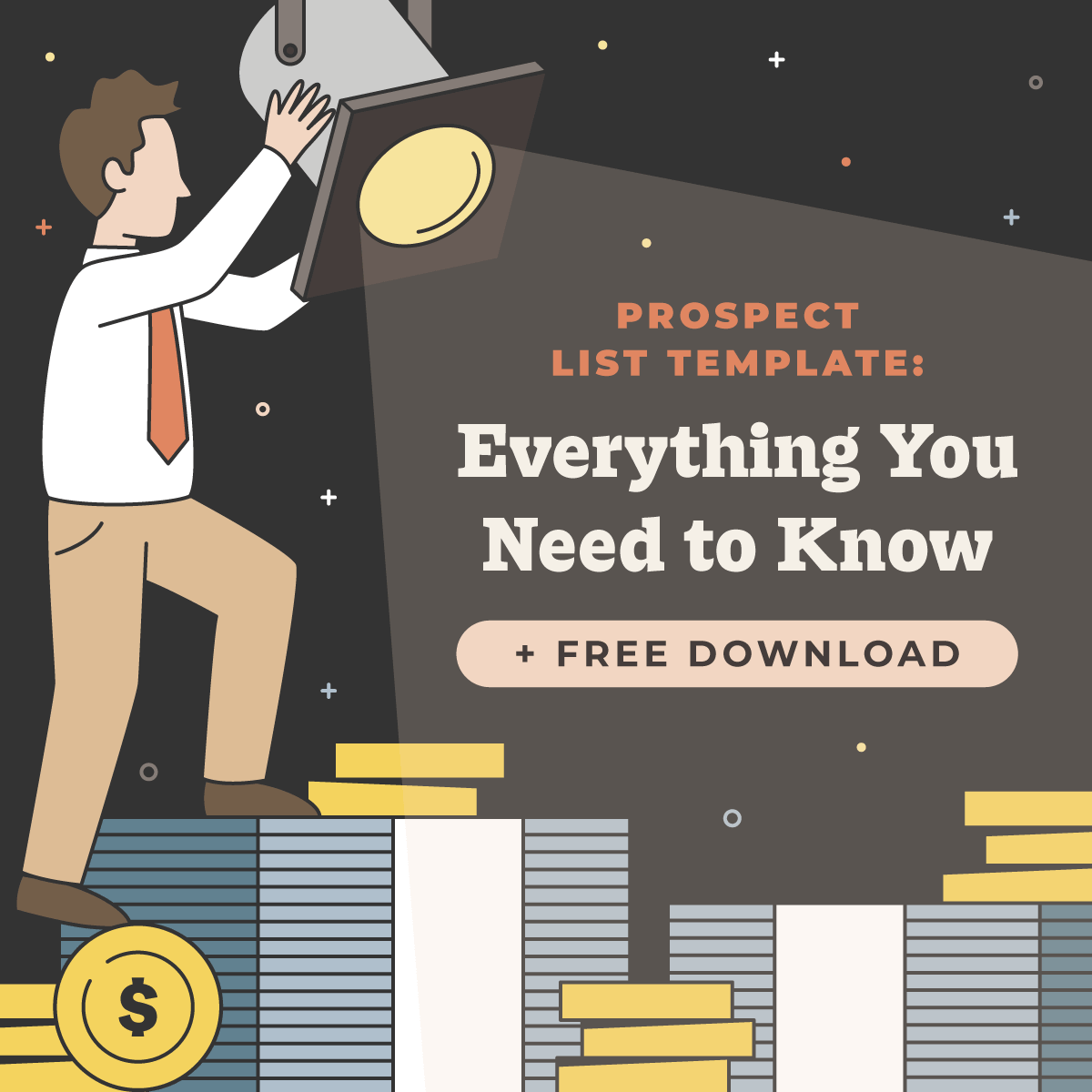3 Ways Solo Practitioners and Small-Firm Attorneys Can Use AI Technology to Improve Legal Research

This is a guest post by Maya Bielinski, esq., the legal subject matter expert at ROSS Intelligence.
Our homes, cars, and offices are becoming increasingly automated: Using artificial intelligence (AI), they can respond to our questions and needs regardless of how we express them. But is legal research keeping up with these advances in AI?
I'll explain how AI can have a big impact on a lawyer’s research efficiency. As a solo practitioner or lawyer practicing at a small firm, you’re not chained to cumbersome and inaccurate Boolean and keyword-search logic. AI can help you simplify your legal research process, minimize the time spent conducting research, and ultimately bring more value to your law practice.
More Accurate and Less Costly Legal Research with AI and NLP
Legal research is cumbersome. It’s time-consuming. Although some lawyers enjoy doing it, many find it to be a time-sink of the worst kind: One that can be difficult to bill back to clients.
But for lawyers to remain successful and at the top of their practice, legal research is necessary.
For example, lawyers have to maintain competency in their areas of practice. They must be vigilant that the law they rely on is good law. Above all, they need to ensure they are providing advice based on timely and relevant law.
All of this takes time.
The good news is that there are now tools that make legal research easier, more accurate, and more cost effective than ever before.
In this post, you’ll learn how AI technology, including natural language processing (NLP), can help lawyers conduct relevant and complete legal research faster, by:
- Finding the best law to support a motions practice
- Finding decisions that discuss specific legal issues in a jurisdiction
- Noting up a brief in seconds
What is Natural Language Processing (NLP)?
NLP is a branch of artificial intelligence that is concerned with how computers can understand and interpret human language. In the context of legal research, NLP allows lawyers to phrase their research queries the way they would phrase a question to a colleague.
NLP avoids common difficulties presented by strict Boolean search. That means no more root expanders, exhaustive lists of synonyms, or “within sentence” and “within paragraph” connectors are needed.
Let's take this time to bust a myth: AI isn’t only for big firms. In fact, lawyers who are solo practitioners or who work in small firms are better positioned to take advantage of AI technology than lawyers in big firms. Far from being at a disadvantage, solo and small-firm attorneys are more agile: They are less bound to “how things have always been,” and structurally more able to change how work is completed. For this reason, they can capitalize on AI tools for legal research, and in turn have more time for client advocacy.
Without further ado, let’s pop the hood and look at three specific ways AI technology can improve legal research for solos and small firms. We’ll leave Boolean and keyword search behind in favor of contextual, intelligent search using NLP.
3 Ways to Use AI in Legal Research
1. Find the best law to support your motions practice
Like traditional digital research tools, legal research platforms that use AI can search millions of decisions. Where AI really pulls ahead of incumbent platforms is in its analysis. It doesn’t just store and retrieve information — it applies and processes knowledge.
The ROSS platform, for example, allows attorneys to search legal issues using conditions like factual scenarios and procedural posture. You’ll see decisions that were decided in the context of particular motions and given particular facts.
Using AI, in seconds you can narrow down to the best case law to support your motions practice — matching on legal issues, facts, and procedural posture.
2. Find decisions that discuss specific legal issues in your jurisdiction
Now that you’ve found a great case on a particular point of law or describing a particular fact scenario, how can you bolster your argument?
AI technology allows you to select language from a decision, statute, or regulation and find cases discussing the same or similar concepts. The NLP system can help you quickly find the complete universe of cases that discuss a specific fact pattern or point of law.
The result? You get a complete picture of how the legal issue has been treated. Quickly strengthen your position with additional cases that have language similar to helpful authority you’ve already found.
3. Note up a brief in seconds
Whether you find decision through traditional legal research tools or tools that are built using AI technology, it is critical to know whether it is good law.
Many legal research tools allow you to pull decisions one-by-one and assess whether they have been negatively treated by subsequent decisions.
More advanced tools like ROSS’s platform save you time by allowing you to check negative citations in bulk. Simply upload a legal document and receive a comprehensive and hyperlinked list of cases that have received negative treatment.
Tip: Use ROSS’s Document Analyzer to analyze opposing counsel’s brief. Quickly identify cited decisions that have received negative treatment and hone in on weaknesses in opposing counsel’s legal position.
Get Started with a 14-day Free Trial of the ROSS Research Platform
ROSS Intelligence is a legal research service powered by the industry’s most advanced artificial intelligence. To learn more and sign up, visit rossintelligence.com. Use code SMITH10 to get 10% off your first year’s subscription.
Related Posts

















.svg)
